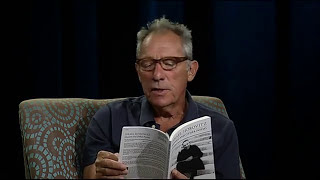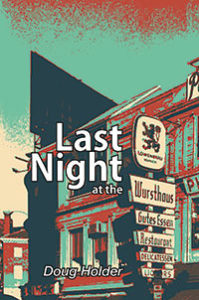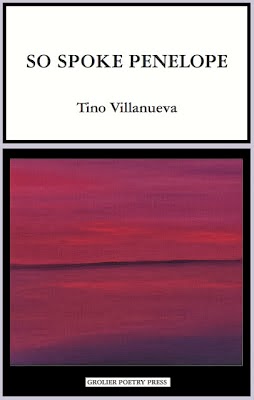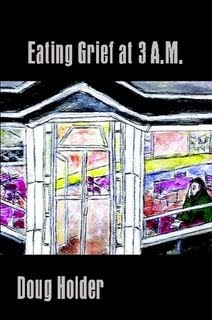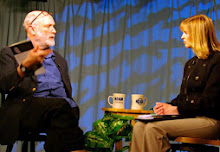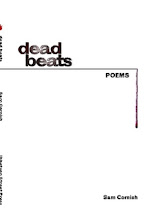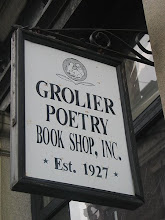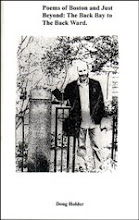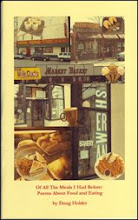Phoenicia Publishing
Montreal, Quebec, Canada
Copyright © 2012 by
Claudia Serea
85 pages, hardbound, no
price give
There is always
something about Eastern European poets that has found its way to my
often offbeat sensibilities. Claudia Serea, who left Romania for the
United States in 1995 is another poet who I can add to my collection
of surrealist Eastern Europeans who fit into this mold of exciting
creative poetics.
Now living in New
Jersey and working in New York, Ms. Serea’s first poetry books, To
Part Is to Die a Little, was published by
Gloria Mindock’s Cervena Barva Press.
This particular volume,
Angels&Beasts
is one of prose poems. Of the volumes of prose poetry which I have
come across most have poems that read more like flash fiction, maybe
even short stories. However, Ms. Serea’s poetry ( many without
titles – unless the bold print at the beginning of the poems is the
title) is short and to the point. The longest I read was eleven
lines. Yet despite their brevity they make their point, like an arrow
shot into the reader. (And one particular poem answers my childhood
question of why, as I am riding down a highway I see hundreds of
birds sitting on telephone wires):
Page 30:
I send you
transparent love letters that barn
swallows sow in the sky
when I miss you. The
swallows are great mail carriers: they fly fast
and low, preserving the
letters’ sentiments. Sometimes their job
makes them late for school,
and they get punished: they have to sit
for hours on a wire and sing
in unison.
Or perhaps you have wondered
about what happens to balloons the little boy or girl at a parade let
loose. Perhaps the poem on Page 23 will give you some idea:
The red balloon
reports the blue one for its inflated ego.
The blue balloon
bursts into tears. The yellow
one doesn’t feel so well, and the white one has a
blank stare as my brother
ties them all to his backpack.
When the clouds look the
other way, the wind steals the balloons and
ties them to the tallest tree
branch. from there, the balloons can see the sunset
and the planes in the sky’s
belly.
At night, they float with
the moon.
If you have ever been to
Times Square you may recognize the characters Ms. Serea has met in
the poem on Page 66:
42nd
Street Times Square
The man in a top hat
blows into a noisemaker. His shadow wakes
up startled and bites
his leg. Boy, are my arms tired of flying,
mutters
a suitcase a girls pulls
through the crowd. The preacher rolls his eyes
and yells Repent!
Repent! For God is a consuming fire—and
I would,
but my train has arrived.
Everything about her poetry
is offbeat: askew here, off kilter there, perhaps backwards or upside
down. It is how you choose to read it, it is your interpretation of
what she says. Unlike some poets, she does not make her life ours
because she is different, which of course makes me wonder what she is
like at home, in the office, with friends or lovers or with children.
This is quite enjoyable for me and it might be for you as well.
__________________________________________
Zvi A. Sesling
Reviewer for Boston
Small Press and Poetry Scene
Author, King
of the Jungle and
Across Stones of Bad Dreams
Editor, Muddy
River Poetry Review
Editor,
Bagel Bards Anthology 7
Editor,
Bagel Bards Anthology 8





